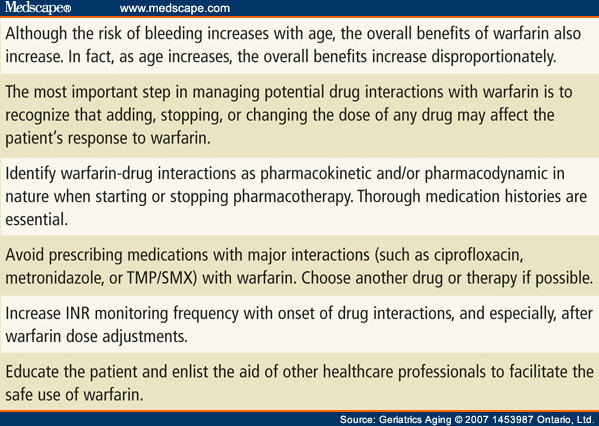

Warfarin increases your risk of severe or fatal bleeding, especially if you have certain medical conditions, if you are 65 or older, or if you have had a stroke, or bleeding in your stomach or intestines. Do not take warfarin if you cannot take it on time every day. You should not take warfarin if you are prone to bleeding because of a medical condition, if you have an upcoming surgery, or if you need a spinal tap or epidural. Warfarin may also be used for purposes not listed in this medication guide. Warfarin is used to treat or prevent blood clots in veins or arteries, which can reduce the risk of stroke, heart attack, or other serious conditions. Warfarin reduces the formation of blood clots.


Warfarin is an anticoagulant (blood thinner). Aripazine has shown promising results to reverse the effects of LMWH, fondaparinux, and direct oral anticoagulants but is still in the developmental phase.Īnticoagulants antidote bleeding reversal.Generic name: warfarin (oral) The PCC may reverse the effect of rivaroxaban to some extent, but no data are available regarding reversal of apixaban and edoxaban. Idarucizumab has recently been approved in United States for dabigatran reversal, whereas andexanet alfa is expected to get approved in the near future for reversal of oral factor Xa inhibitors. Protamine sulfate reverses the effect of unfractionated heparin completely and of low-molecular-weight heparin (LMWH) partially. Fresh frozen plasma or prothrombin complex concentrate (PCC) may be necessary in major bleeding related to warfarin. Intravenous or oral vitamin K can reverse the effect of warfarin within 24 to 48 hours and is indicated for any bleeding, international normalized ratio of >10 or 4.5 to 10 in patients with other risk factors for bleeding. The residual effects of each anticoagulant may be monitored with distinct coagulation assay. Although minor bleed may be managed with discontinuation of anticoagulant, major bleed may require transfusion of blood products and use of specific antidote. Any bleeding patient on an anticoagulant should be risk-stratified based on hemodynamic instability, source of bleeding, and degree of blood loss. Bleeding is the most common complication of all anticoagulants.


 0 kommentar(er)
0 kommentar(er)
